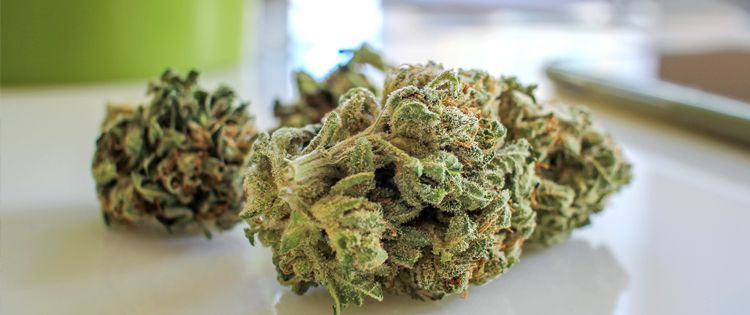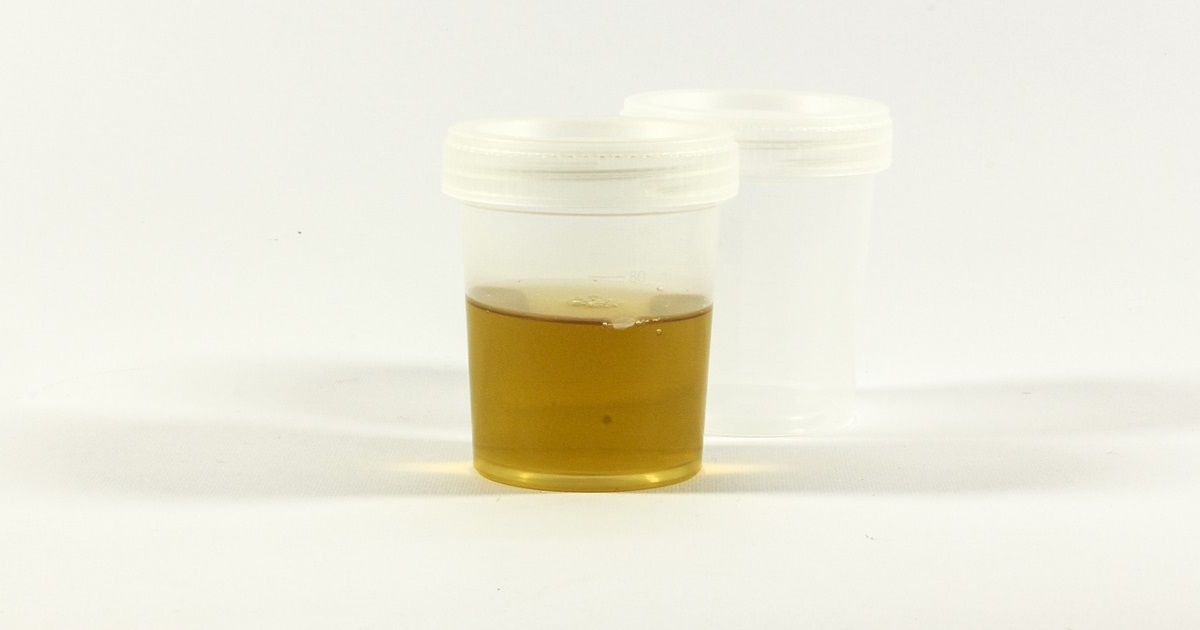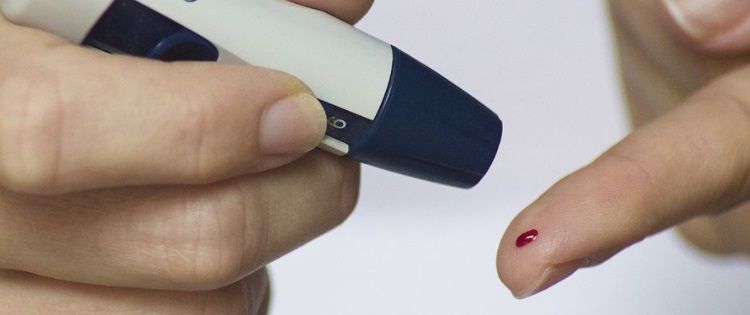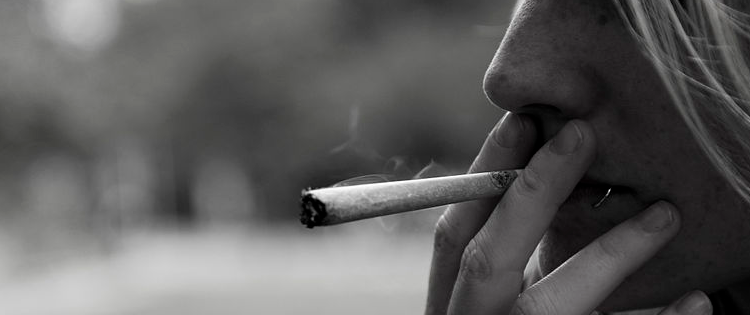There are drug tests that can detect marijuana in your blood, hair, urine, and saliva. By far the most common type of marijuana drug test is urine testing. In the United States, many employers require their employees to undergo a urine test to see if they’ve been using marijuana. This begs the question, how long does marijuana (THC) stay in your system? That’s what we’ll discuss in this article.
The Short Answer: It Depends
The amount of time that THC or tetrahydrocannabinol stays in the body will vary from person to person. Some people can detox in as little as 4 days while others may require several weeks to remove detectable traces of THC from their system. Here are the major factors that determine how long marijuana stays in your system:
- Gender
- Diet
- Fitness Level
- Metabolism Rate
- Ethnicity
- Cannabis Strain

If you have a very fast metabolism and exercise daily, then you may detox more quickly than someone who has a slow metabolism and who never exercises. The strain of the cannabis (as well as how much you smoke) also plays a big role in how long it stays in your system.
Obviously, if you’re smoking marijuana with friends every day, then your “detection window” (discussed later) is going to be longer than someone who smokes less frequently. The drug test type is also an important factor since different drug tests have different sensitivities to THC. Urine testing is the most common type of cannabis drug test used by employers.
THC Metabolism
THC is a fat soluble compound, meaning it accumulates in fat tissue. This means that someone with a lot of body fat will, in theory, store a higher amount of THC in their body than a skinny person. Depending on the type of marijuana used, it can take days to months for complete THC eliminating from fat tissue to take place.

How Does Marijuana Drug Testing Work?
Marijuana drug tests work by analyzing a biological sample (like urine, sweat, saliva, or hair) to determine how much THC is in that sample. Marijuana tests can check for THC, the main compound in marijuana, or it can test for THC-COOH, a metabolite of THC. While marijuana contains hundreds of different compounds, it’s the THC that affects mood, behavior, and perception. The THC-COOH is formed whenever the THC molecule gets broken down by the body.
Occasional vs. Frequent Users – Differences in “Detection Window”
The number of days you continue to test positive after using cannabis is referred to as the detection window. The detection window varies greatly between occasional and frequent smoker:
- Occasional Smokers: Detectable window is typically 1-4 days for a urine test.
- Frequent Smokers: Detectable window is typically 7-11 days for a urine test.

These aren’t concrete rules since each person is different. In extreme cases, some people have tested positive several weeks after quitting. In general, the more you smoke, the longer your detection window will be.
Types of Marijuana Drug Tests
Let’s take a look at some of the more common types of marijuana drug tests:
- Urine Testing: This is the most common way that employers and law enforcement screen for marijuana use. Once the urine samples are collected, they’re sent off to a lab to be tested. They check for a metabolite of THC called THC-COOH. The cutoff for this test is 50 ng/ml.
- Blood Testing: It doesn’t take long for your blood THC levels to increase after smoking. They can dramatically increase within a few minutes after taking your first hit. If you’re a heavy user, you’ll likely test positive on a marijuana blood test up to 7 days after your last use.

- Hair Testing: Believe it or not, it’s possible to determine when someone last used weed by testing their hair. After taking a 1.5-inch sample of hair, it’s sent to a lab. The downsides to this test are that it’s A) Expensive, and B) Prone to inaccuracy (since secondhand exposure is possible).
- Saliva Testing: Whenever you smoke marijuana, the lining of your mouth will absorb some THC. This is detectable through a drug saliva test. Cops frequently use this type of drug test to see if someone is driving impaired. It can detect marijuana use up to 24 hours after it’s been smoked.
- Sweat Testing: The benefit to using a sweat test is that it’s a non-invasive way to see if someone is using cannabis. It works like this: you put on a patch for 10-14 days. After that amount of time, the patch is removed and tested for THC. It’s rarely used by employers but is sometimes used in the criminal justice system.
Of all the marijuana drug tests on this list, the urine test is the most common.
Conclusion
To summarize, it’s possible to remove all traces of THC from your system in as little as four days. However, this is assuming that you’re not a heavy smoker. If you’re a heavy user, then the THC is likely to stay in your system for much longer than this.
Share your thoughts/ views with our community in the comments section below.
- How Long Does Marijuana (THC) Stay in Your System? - June 27, 2017


